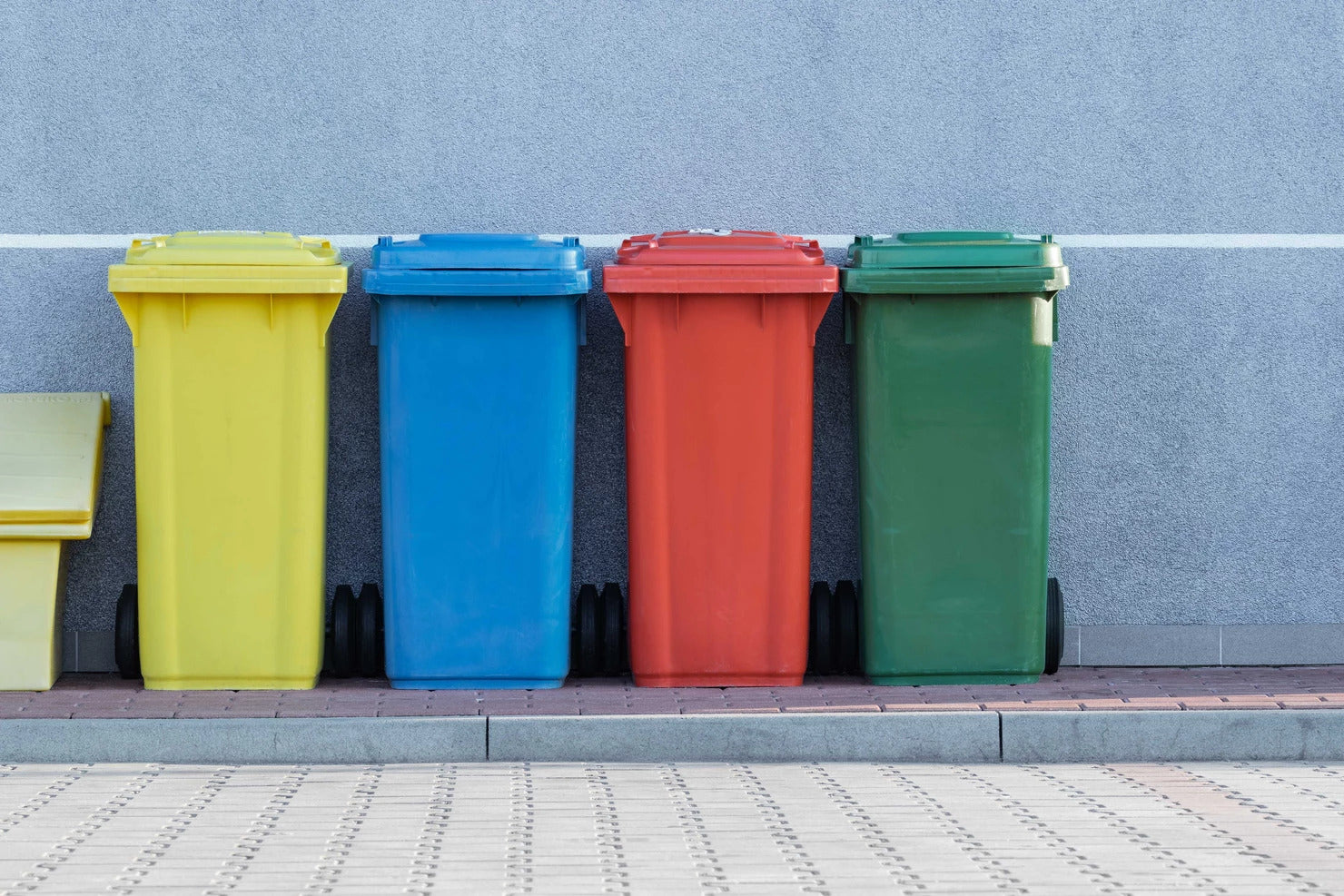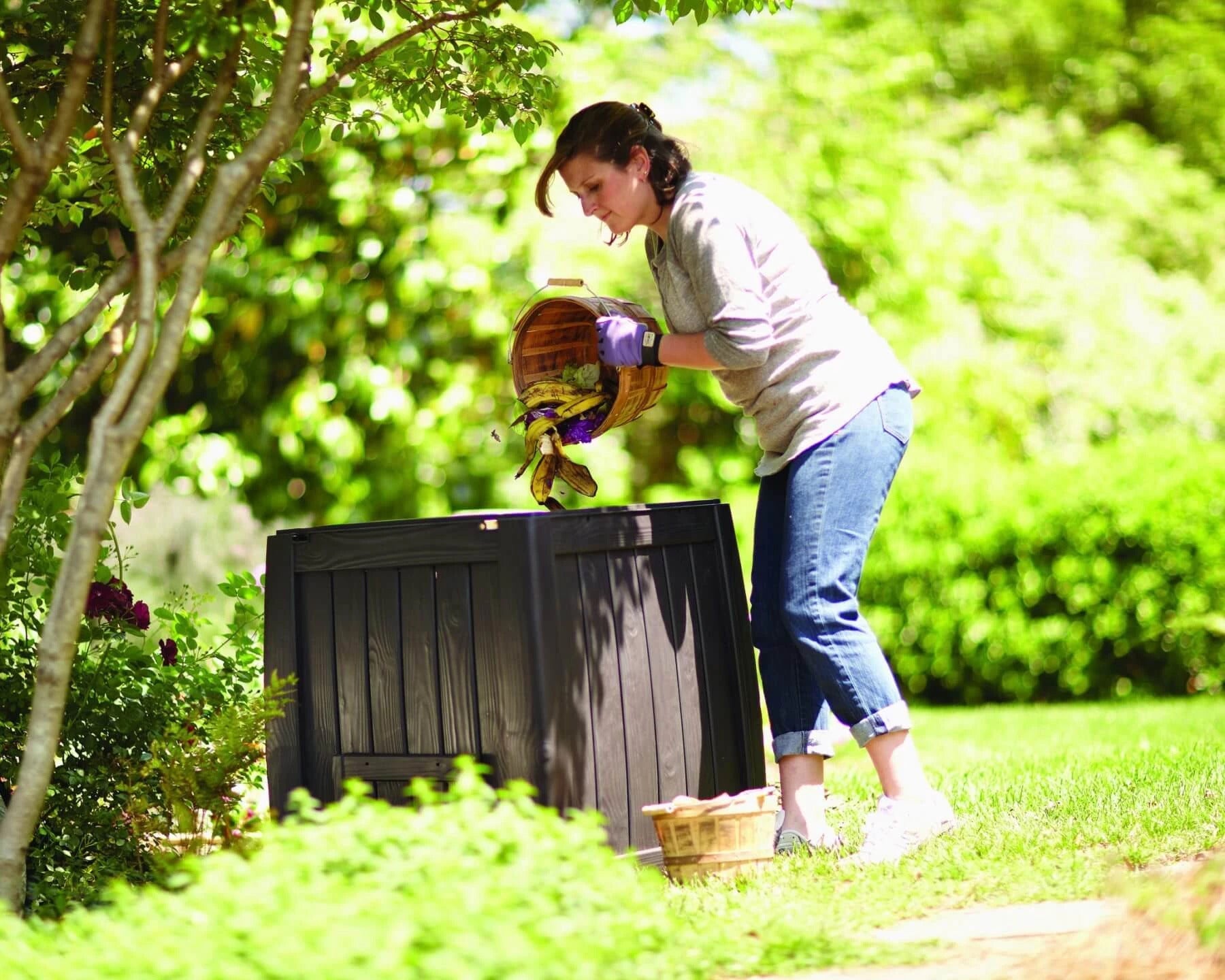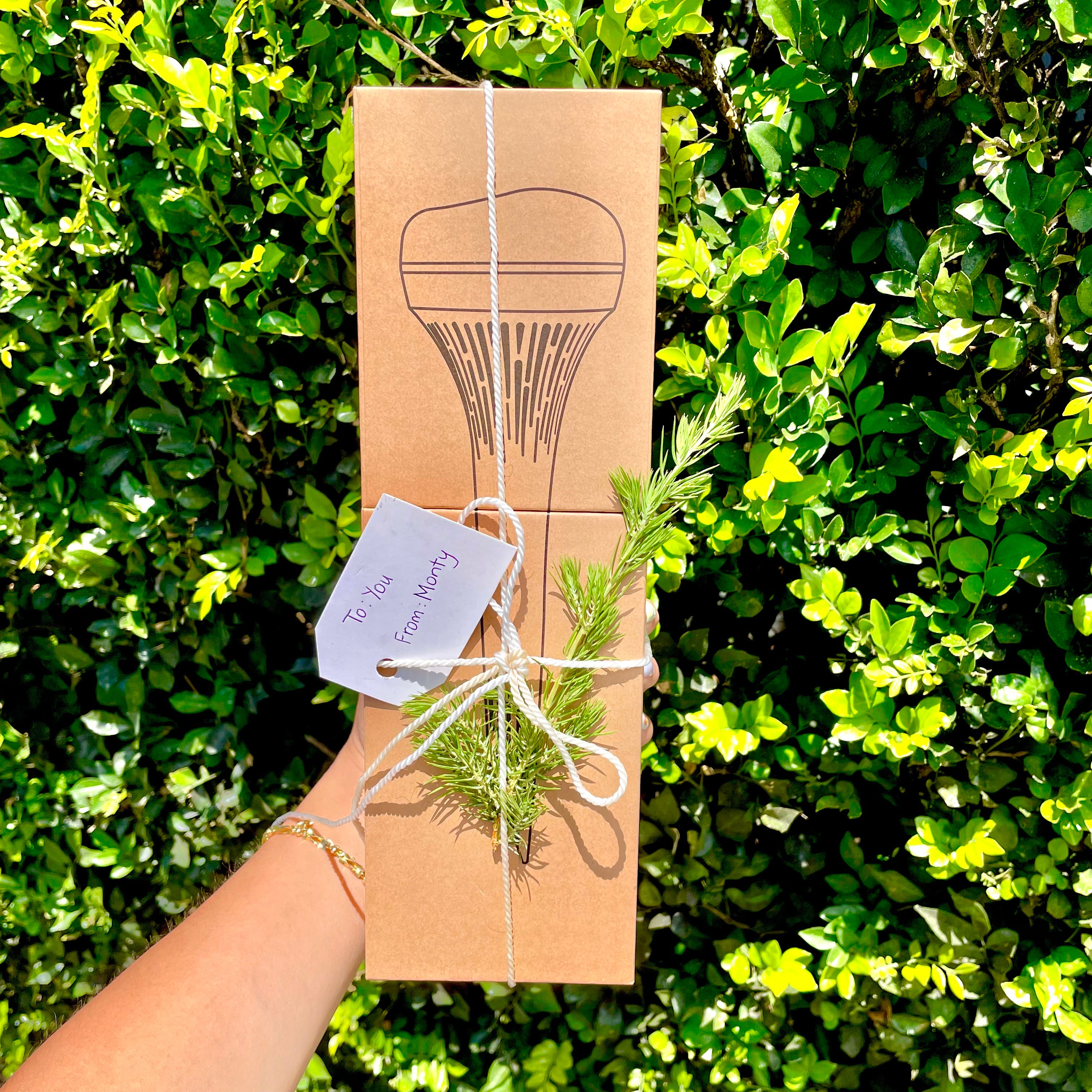
When in doubt, throw it out.
This is the recycling industry’s latest plea to the public. Why, in a sustainable lifestyle boom, are we being asked to make more waste by throwing out our recycling with the everyday trash, you ask? Because none of us really know how to recycle the right way and as a result are doing more harm than good in our attempts.

Remember that greasy pizza box or take-away coffee cup that you ummed and ahhed over before finally settling on throwing it into the yellow-lidded bin? Yeah, we’ve all been there at least once in our lives. While we may have good intentions and it is a good thing that we are taking the time to consider the waste we produce, it does matter that we recycle right way or all our efforts end up being counterproductive.
Why Recycling the Wrong Way is Worse than Not Recycling at All
We all want to do good in the world but sometimes our good intentions have unintended consequences. In the case of recycling non-recyclables, we risk contaminating entire truck loads of recycled material, which as a consequence, has to be diverted straight to landfill. Some recycling facilities only accept a 0.5% contamination rate. This means that throughout the entire waste segregation process, a reported 25% of the entire recycling stream gets redirected to landfill. Once dumped in a piling heap in landfill the potential to reuse any of that once recyclable material is lost.

Plastic bags for example are one of the most notorious offenders. If you’ve ever put a plastic bag into the recycle bin it is now unequivocally in landfill. When waste hits the conveyor belt at a recycling facility, sorters must immediately remove plastic bags to prevent them getting tangled in sorting machinery which has the potential to cause breakdowns and even fires.
This also has the impact of delaying the recycling process of other materials.
How to Recycle the Right Way
So… what can be recycled and what can’t?
The Resource Centre has put together The Ultimate “Can I Recycle That?” Recycling List which outlines the dos and don’ts of recycling paper, cardboard, metal, glass and plastic. For the not so black-and-white items like soft plastics and e-waste check out Containers for Change and TechCollect programs in Australia that provide alternate means of disposal for these tricker items.
Familiarising yourself with these guides and learning to identify recyclables from non-recyclables is the best thing you can do to recycle the right way. And remember, if in doubt, throw it out.

For more sustainable living tips and tricks keep an eye on this space and follow Monty Compost Co on social media - Facebook, Instagram, and LinkedIn!
In the meantime, you can now shop our amazing Monty Monitor sale on our website to make your composting experience easier and better!




1 comment
Angelic Insurance
Great article! Finding a reliable Recycling Industry Insurance provider is crucial for protecting businesses involved in waste management, materials recovery, and recycling operations. This specialized insurance helps cover risks such as equipment damage, fire, pollution liability, and employee safety. With tailored coverage, recycling companies can ensure smooth operations while staying compliant with environmental and safety regulations. Thanks for sharing these valuable insights!
Leave a comment
This site is protected by hCaptcha and the hCaptcha Privacy Policy and Terms of Service apply.